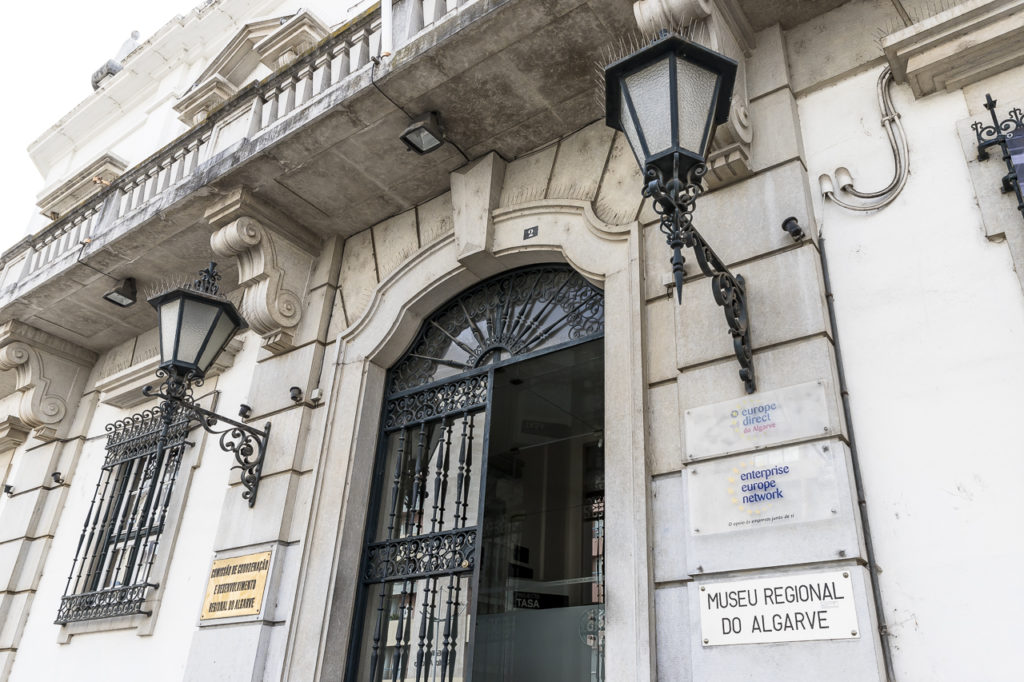I return to the subject of decentralization and regional policy. In an extraordinary decade, Portugal is, at the moment, a good example of a complex territorial dynamic that involves the decentralization of competences, the conversion of the CCDR into a public institute, the execution of a very demanding regional policy with the PRR 2026 and the PT 2030 and the digitization of territorial policies. Let's look at some aspects of this ongoing dynamic.
In the first place, it is always rewarding to have the doctrinal and political-ideological debate, at least in two versions: the more ideological debate between unitarists and regionalists, about the conceptions of the State and public administration, and the more utilitarian and pragmatic debate, about the experimentalism of a regionalization policy and its various moments of administrative decentralization.
Secondly, in the information and knowledge society in which we live, it is imperative that the regions have a positive and assertive image of themselves, that their positive energy is mobilized in the right direction, that they can enjoy their full freedom to think for themselves, running all the risks and consequences that this assertiveness can entail and imply.
Thirdly, it is imperative to start from a global and consistent idea of regional development, which is not reduced to a mere sum of candidacies without any connection between them in space and time and, likewise, review the dichotomy between cohesion and competitiveness that so many mistakes have already caused, because the regions, in their diversity, are obliged to convert this diversity into an advantage.
Fourthly, the regional territories are obliged to move up the programming and planning value chain, that is, they can be excellent centers of rationality and centrality of public policies and capable of correcting this old and anachronistic pendular country; moreover, the more it opens up to the outside world, the more urgent the need to create strong regions capable of using all their freedom so that their human and material capital is adequately valued through a more autonomous, competitive and relational model of government .
Fifth, regionalization is, first of all, an essential question of political culture in its noblest sense; if the regionalization process is politically correct, perhaps we will have given a decisive contribution to a substantive and substantial change in the political culture in Portugal, without ignoring that it can also be an impertinent and conflicting process, depending on conjunctural policies and occasional majorities.
Sixthly, the CCDRs are an excellent starting point for regionalization policy, as they constitute a reference “interface” for all regional State services and have functional and operational legitimacy for conducting regional policy; the CCDR are a useful administrative infrastructure to test what I designate as coordinating regionalization; From here, regionalization is an eminently political process, as different ways, shorter or longer, can be tested to convert the CCDR into governing and administrative bodies.
Seventhly, the new regional administration of the territory will have to prove its competence within the framework of the European Union's territorial cohesion policy and a multilevel governance that encompasses four territorial policies: the European regional policy, the national regional policy, the regional policy itself and the intermunicipal local policy; at all these levels there are policy instruments and measures, respective government and administration structures, as well as their different and complementary modes of financing.
Finally, the Iberian façade and cross-border cooperation are a fundamental reference framework for regional policy, which already include the formation of Euro-regions and Euro-cities, the use of the figure of European Groupings of Territorial Cooperation and collaborative technological platforms in multiple formats.
Final Notes
Here, some final notes.
Framework Law No. 50/2018 of 16 August on the transfer of powers to municipalities and intermunicipal entities, RCM No. 123/2022 of 14 December on the transfer, sharing and articulation of attributions of peripheral services of direct and indirect administration of the State in the CCDR, and the approval in March of the decree-law approving the conversion of the CCDR into a Public Institute, mark not only a substantial change in the structure of local and regional powers, but also point to a new philosophy of regionalization and regional policy in the horizon 2030.
The legal-administrative process of transferring and sharing powers and powers will run, in principle, until March 2024, it remains to be seen how, on a political level, the new power relations between the new Public Institute and the power constellations will be stabilized around them: city councils, intermunicipal communities, peripheral state services, the political party system, the lobbying institutionalized and more or less organized groups of local and regional political society; I remind you that we are in the initial phase of implementing the main PRR and PT 2030 operational programs, it would not be wise to create another source of instability at this time.
On the legal-political level, the CCDR will be a public institute with a special regime, without the usual hierarchical political direction, but with the superintendence and administrative supervision of the central State; at the institutional level, the CCDR, within the scope of the Territorial Coordination Council, approve a partnership agreement and a program contract with the central administration and execute this agreement after hearing the Intersectoral Coordination Council at the regional level.
The vertical system of power organization seeks to adapt to new circumstances and save face. Let's wait and see.



















Comments